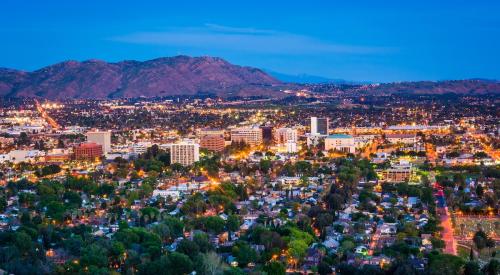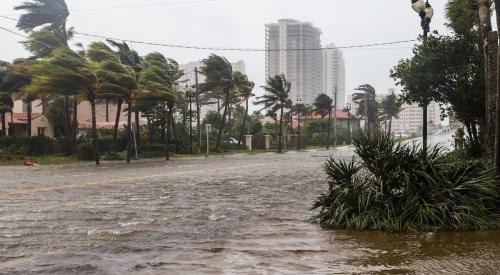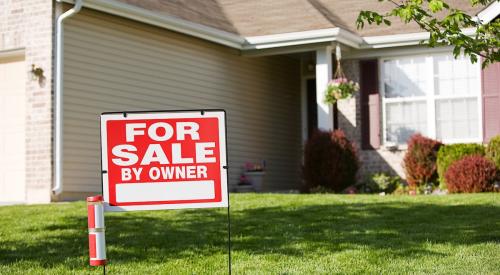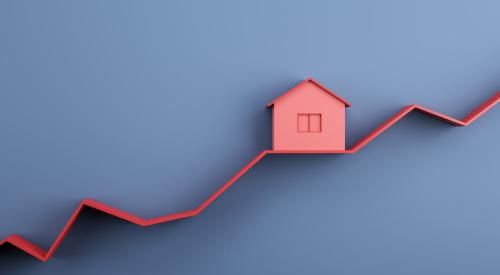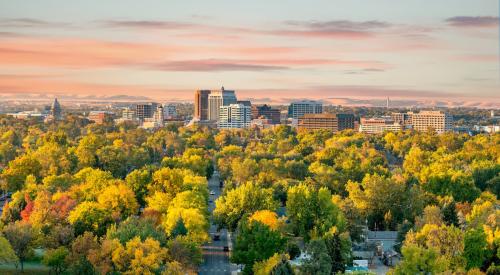When the next recession will begin still is the $64,000 question, but Riverside, Calif., Phoenix, and Miami most likely will see home values crash when it does while Rochester and Buffalo, N.Y. and Hartford, Conn., are among the top 10 markets that probably will not.
Redfin chief economist Daryl Fairweather looked at data such as the ratios of home sale price to household income ratio, loan-to-value of homes sold among other statistics and calculated a risk score for 50 markets.
“Home prices are high right now, but they’re high because there’s not enough supply to meet demand, which means there’s not a bubble at risk of bursting,” said Redfin chief economist Daryl Fairweather. “Most of today’s financed homeowners have excellent credit and a cushion of home equity, making them unlikely to default on their mortgage even if their weekly grocery bill grows or their stock portfolio shrinks in the next recession.”
Fairweather continued, “If the U.S. enters a recession in the next two years, it will likely be caused by the global trade war. U.S. industries that rely on exports, like the automotive industry and the agricultural industry, would be the most vulnerable and susceptible to layoffs. Homeowners who are laid off may not be able to continue covering their monthly mortgage payment and may be forced to sell their homes. And would-be homebuyers won’t feel so confident about making a big purchase when they don’t feel confident about their job security or their financial wellbeing. That could cause declines in home prices in markets whose economy depends on global trade, but home prices nationwide are likely to hold steady.”

